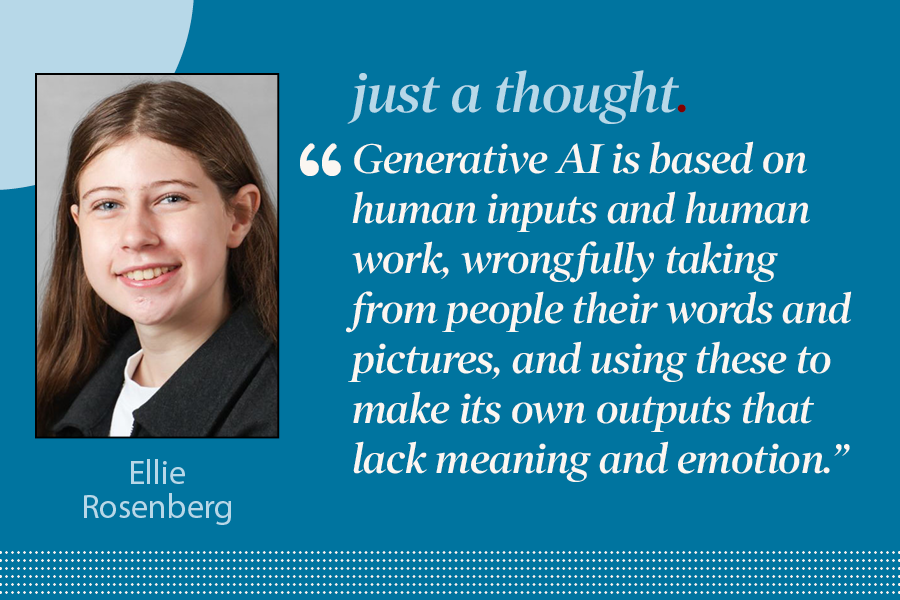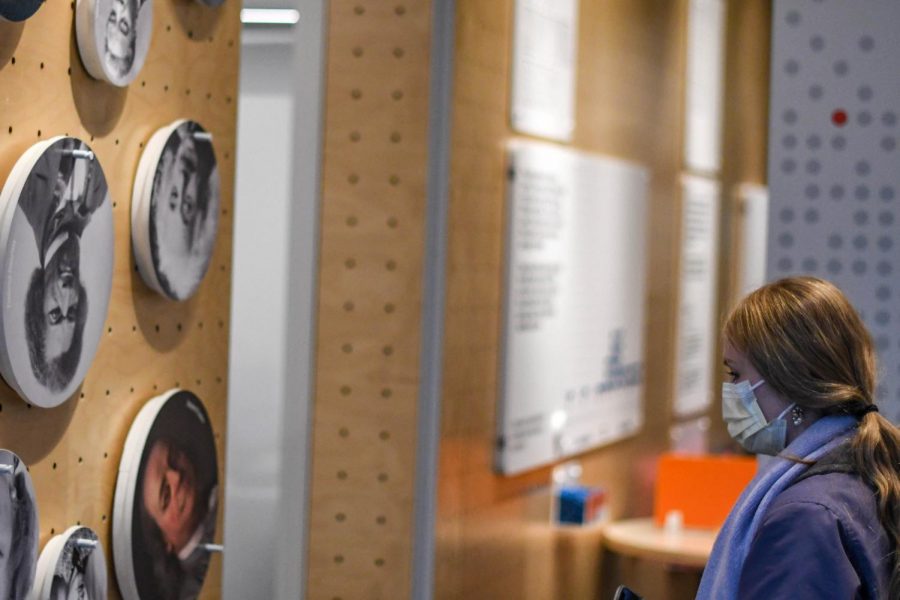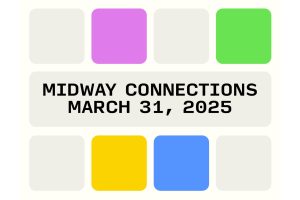Guests drive decision-making research at new Mindworks exhibit
Matthew McGhee
A woman observes portraits of famous thinkers at the Mindworks exhibit by University of Chicago’s Center for Decision Research. Guests contribute to research by interacting with the exhibit.
December 14, 2021
Have you ever wondered what makes some people look more trustworthy than others, or how our surroundings imperceptibly influence our decisions? You may now be able to find out at a new University of Chicago behavioral science exhibit downtown.
The Center for Decision Research at the Booth School of Business opened the new “Mindworks” space at 224 S. Michigan Ave. in the Railway Exchange Building over the summer, presenting it as both a “discovery center” and behavioral science lab. Each wall panel presents some aspects of behavior science — like prospect theory or the science of regrets — with an interactive element, and patrons can even redeem prizes for participating in surveys for behavioral science studies. Admission is free, but online reservations are encouraged.
The best part of Mindworks is how beautiful the space is. Each of the eight exhibits is clear and colorful, and the careful attention to design is apparent. The center exposits concepts and emphasizes interactivity in a novel way, such as through written responses or manipulation of photographs.
Past responses from visitors are shown in each exhibit (many regretted drinking so much when they were younger), creating a sense of group involvement. Some exhibits are also designed to be done with friends. And if you have any questions, Mindworks is well staffed with knowledgeable guides.
However, the emphasis is decidedly on patron participation rather than learning about behavioral science. The entire center is just one partitioned room, so the scope of Mindworks is rather limited. More information about the goals and foundations of behavioral research might have contextualized the exhibits better. Mindworks shares the same flaws as other new behavioral economics research, namely that empirical observations seem to constitute a group of unrelated facts about behavior rather than a genuine theory in any substantive sense.
While small, Mindworks is an engaging and novel attraction that succeeds in showing how individuals’ decisions and perceptions are subtly influenced by their environment. Those spending the day in the downtown area, especially in groups, would be well-advised to take 20 or 30 minutes to visit the Center for Decision Research’s engaging new space.
































































